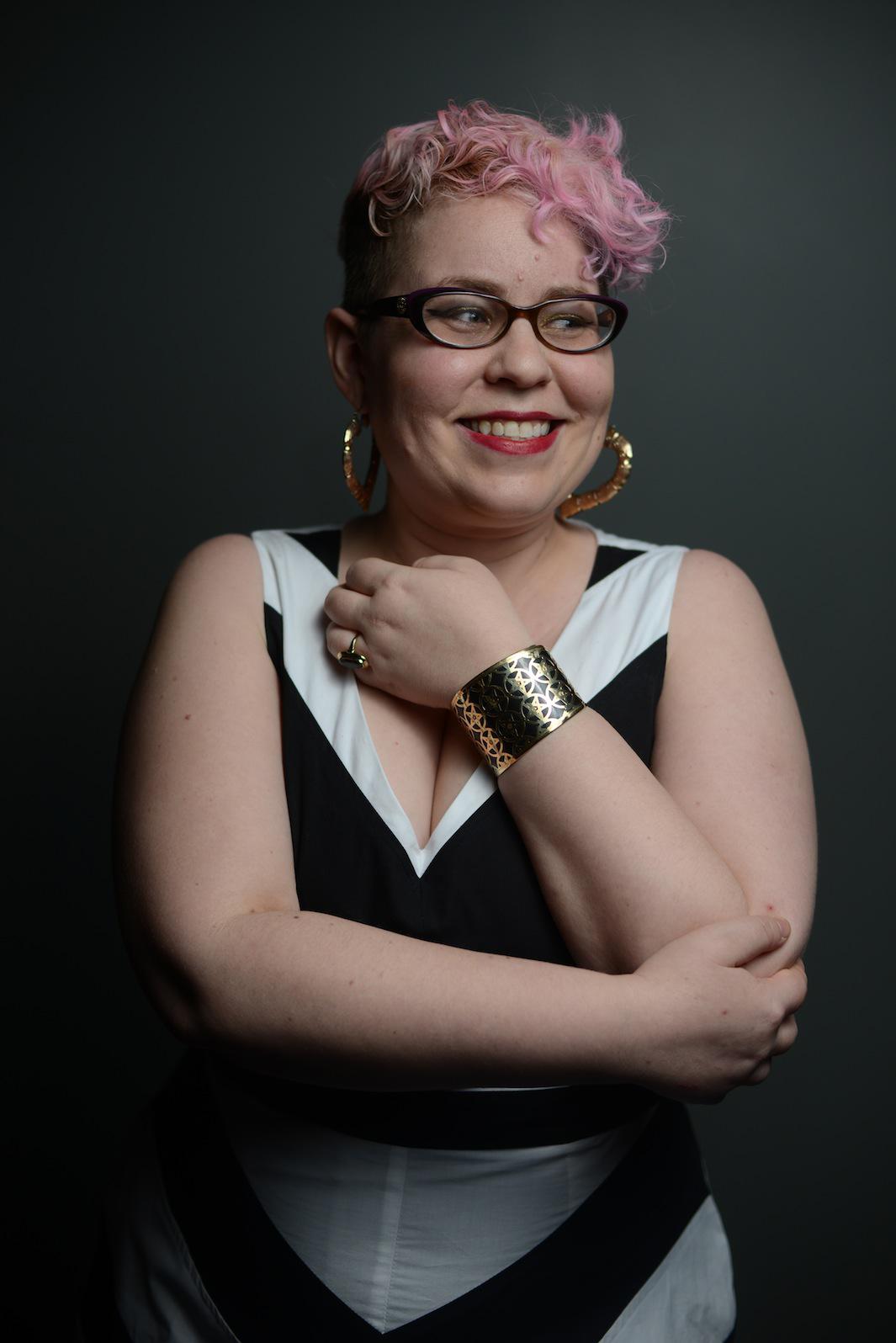When you think of a librarian, what image comes to mind? Photographer Kyle Cassidy ventured to the American Library Association’s Midwinter Meeting in Philadelphia in January to explore that question. In between networking, educational events, and panels, librarians from across the country stopped by Cassidy’s makeshift studio to sit for a portrait. The result is a celebration of the diversity in the librarian community. “I realized I had a stereotype in my mind of what a librarian looked like, which is one of the reasons I wanted to do this project. Whenever I think something is true, I’m often wrong,” Cassidy said. “I tend to think of librarians as the ones I know from my public library and from school. But there are librarians who are researchers and archivists doing extraordinarily technical work. There are librarians who work in specialized fields who have to know about archaeology, for example, or medicine or research science. The field was broader than I had gone in there thinking.”
Ingrid Abrams, a librarian at Brooklyn Public Library who participated in the project, said diversity among librarians extends beyond their professional expertise. “If you haven’t been in a library since you were a little kid, or maybe have only seen libraries in movies, you might think we’re all a bunch of humorless, shushing curmudgeons,” Abrams said via email. “The truth is, we’re a variety of ages. We’re every race, ethnicity and religious background imaginable. We can be the type who wears a suit and tie every day or someone like me, who has pink hair and dresses in bright colors. Not that any part of how we look really matters, but if the only librarian you’ve ever seen is the librarian ghost from the first scene of Ghostbusters, I assure you we’re a really dedicated and friendly bunch.”
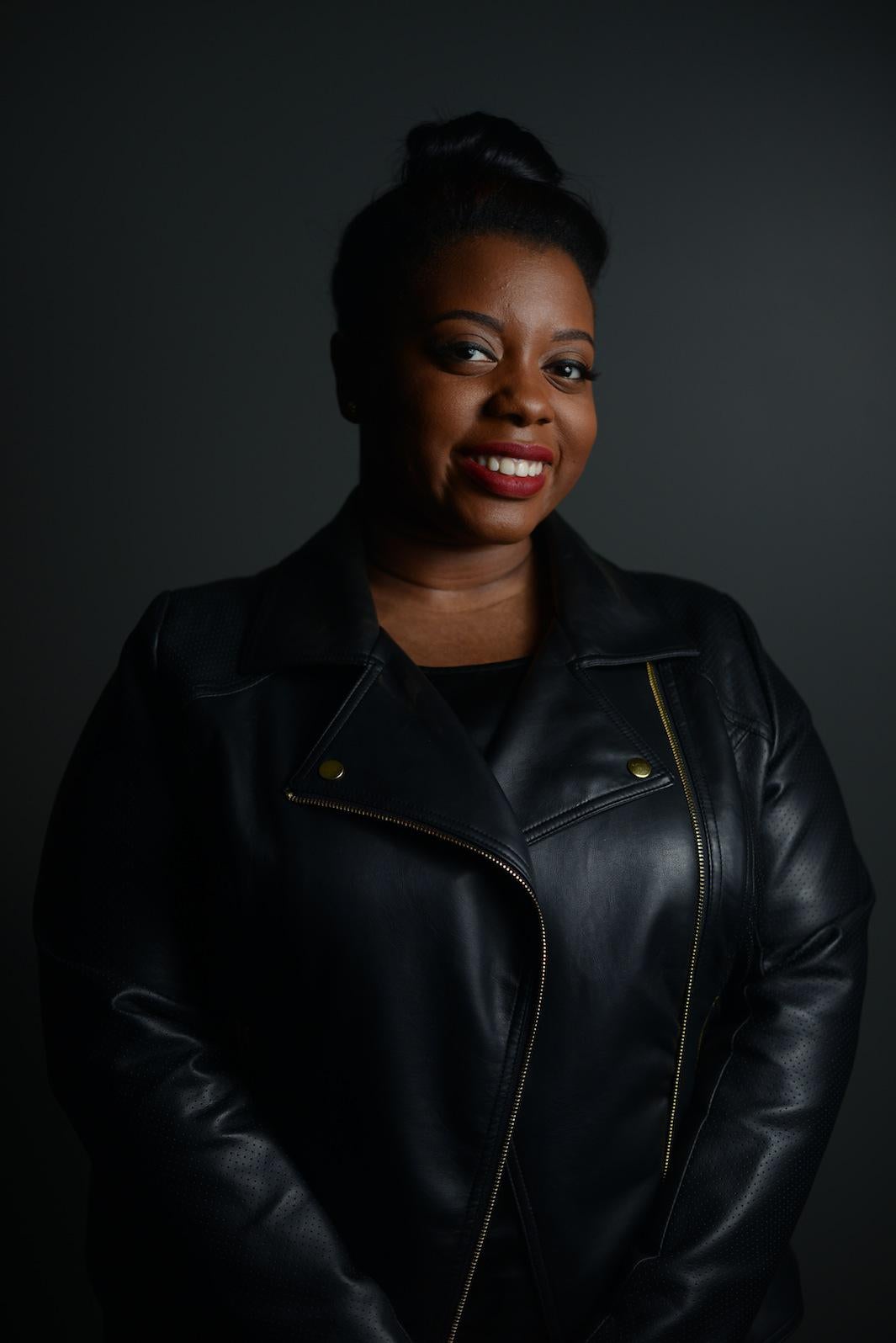
Kyle Cassidy
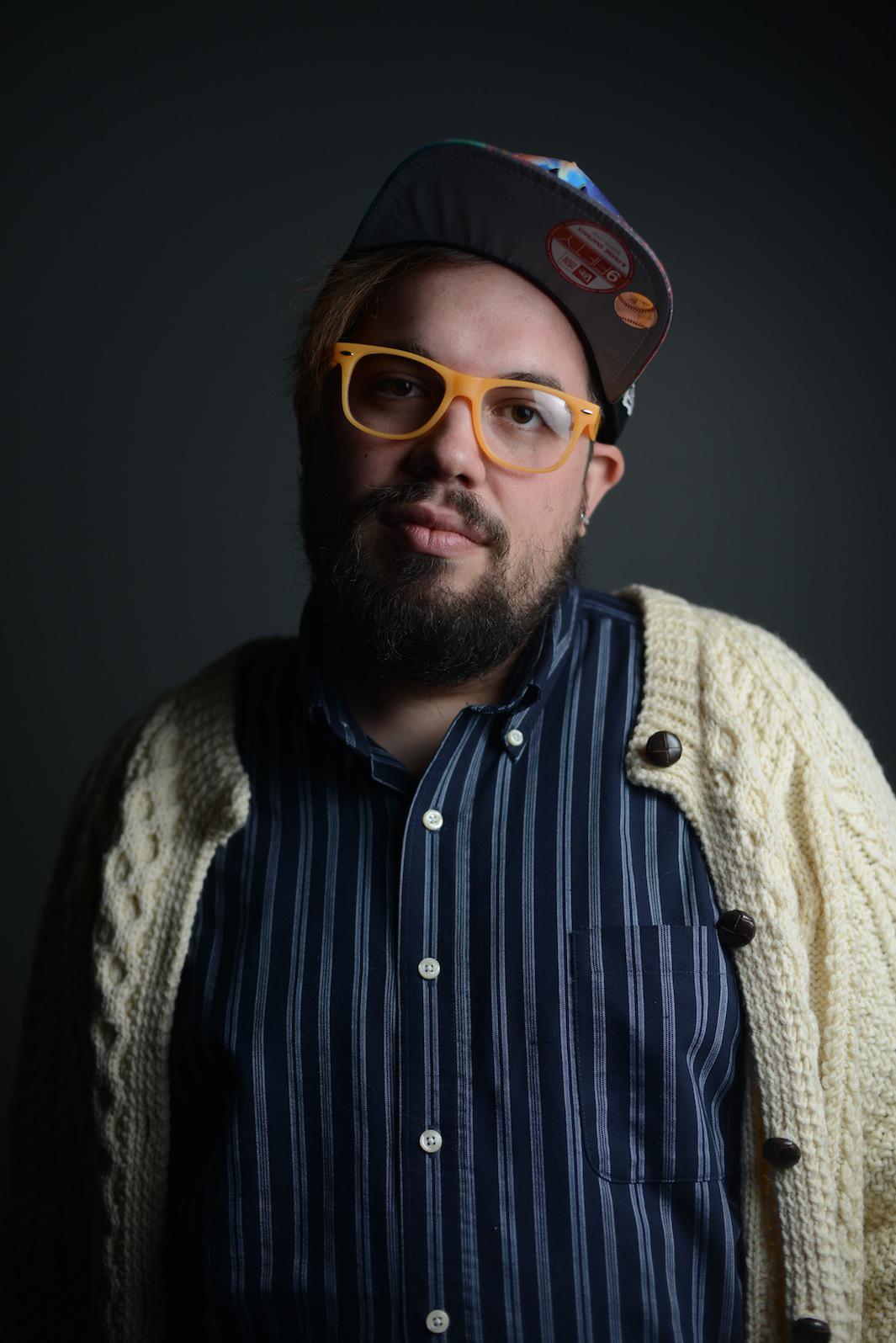
Kyle Cassidy
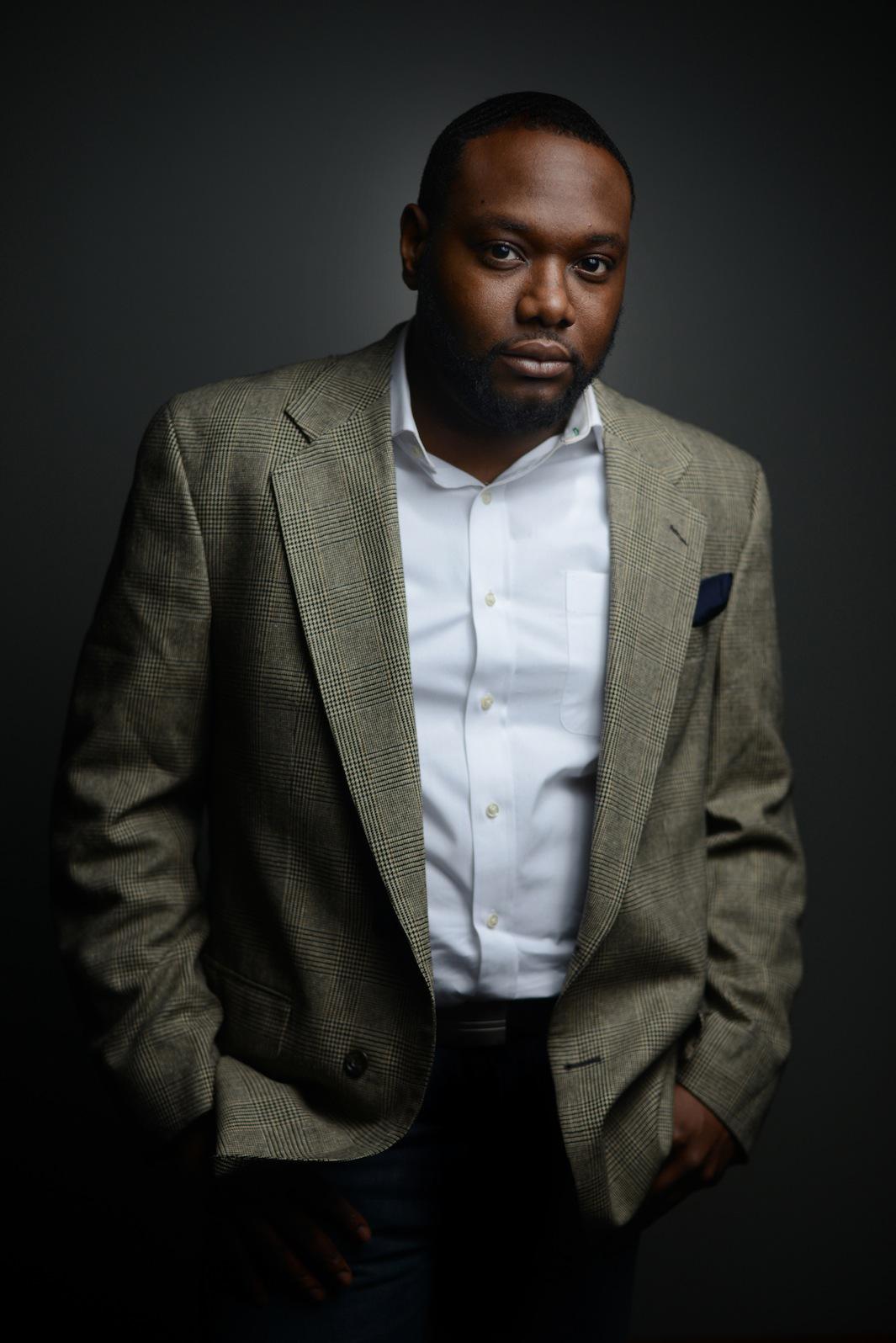
Kyle Cassidy
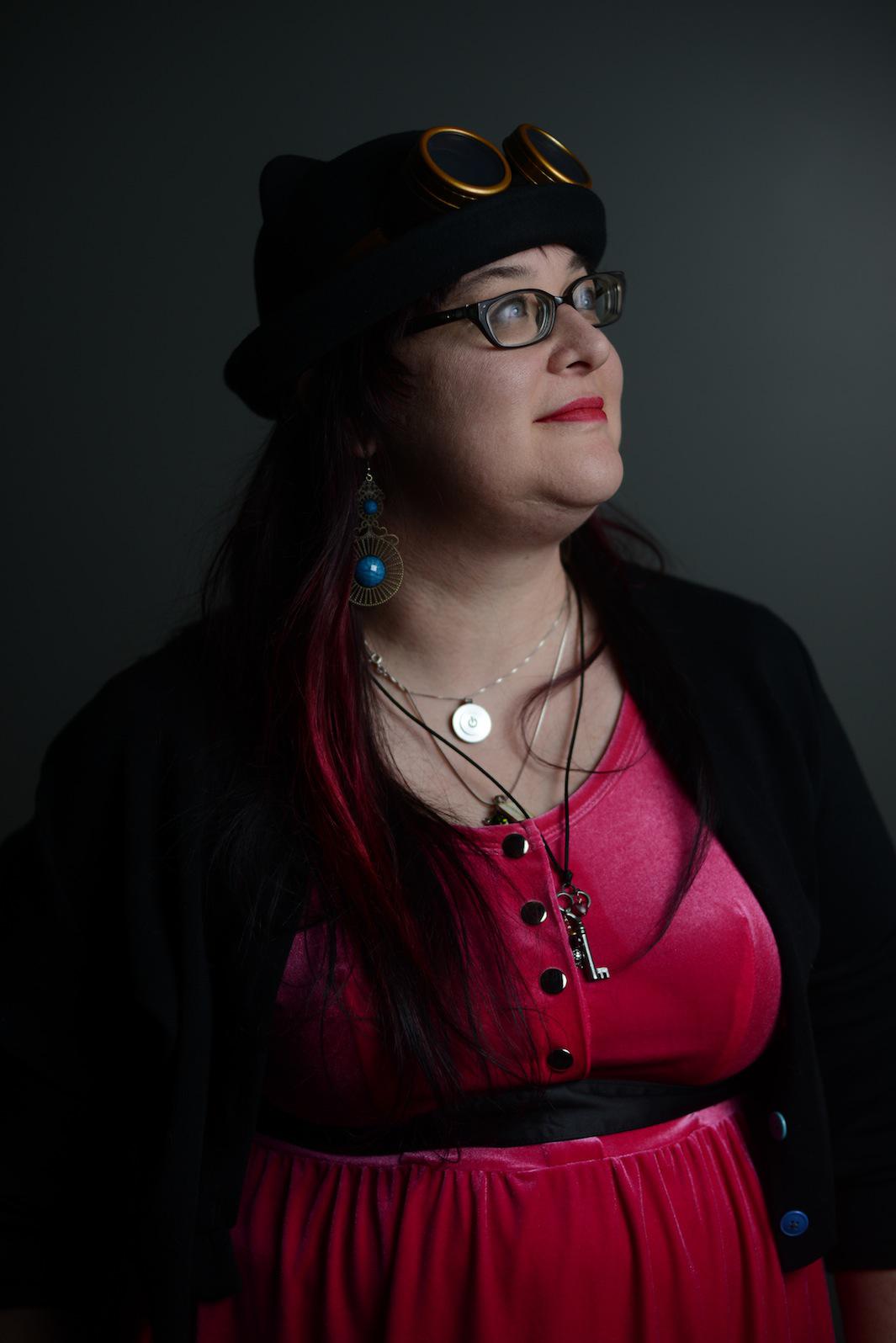
Kyle Cassidy
Cassidy’s project also seeks to address the budget cuts and understaffing plaguing libraries across the country today. In interviews, Cassidy asked librarians to talk about the challenges libraries face and why now, perhaps more than ever, they’re important. “I see this really as battle. I don’t think it’s too much hyperbole to say it’s a fight in their communities for civilization, to give people access to not just knowledge but technology,” Cassidy said. “It’s easy to dismiss libraries as something superfluous if you have a connection to the Internet at home. But for people in many communities, the library is their lifeline to the modern world. It’s the only way they can do research, it’s the only way they can apply for jobs and file taxes. This is a class of people that is easy for many of us to miss. This is who librarians are especially fighting for.”
Cassidy was inspired by his experience and said he hopes to continue the project in the future. “I found myself meeting and spending time with people who I found heroic in an uncelebrated way—people who were cheerful and joyful and serious and devoted. These are people who often spend their own time and money helping people. They work extra hours during which they’re not being paid because they’re passionate about the results and the communities they’re serving,” he said.
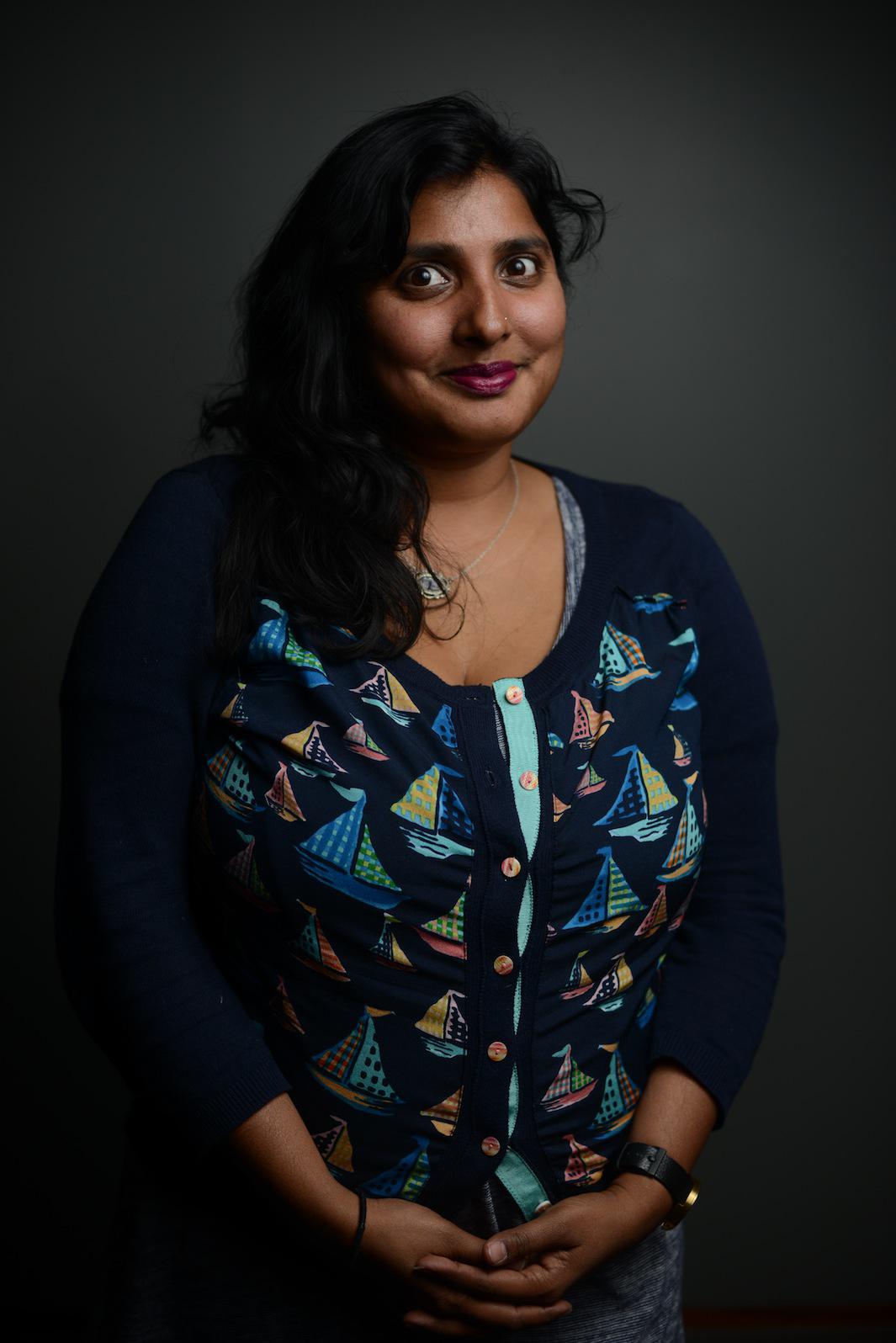
Kyle Cassidy
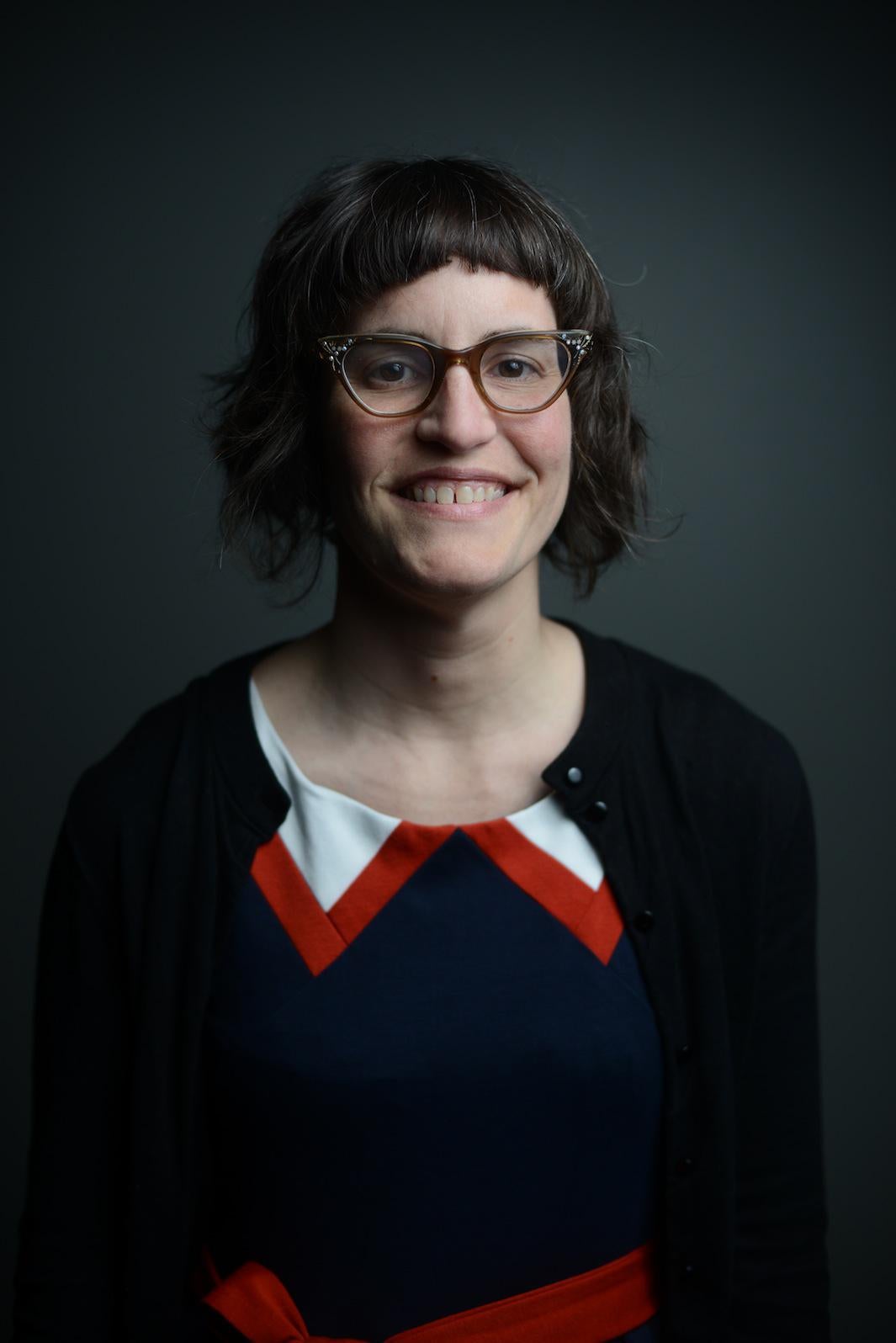
Kyle Cassidy
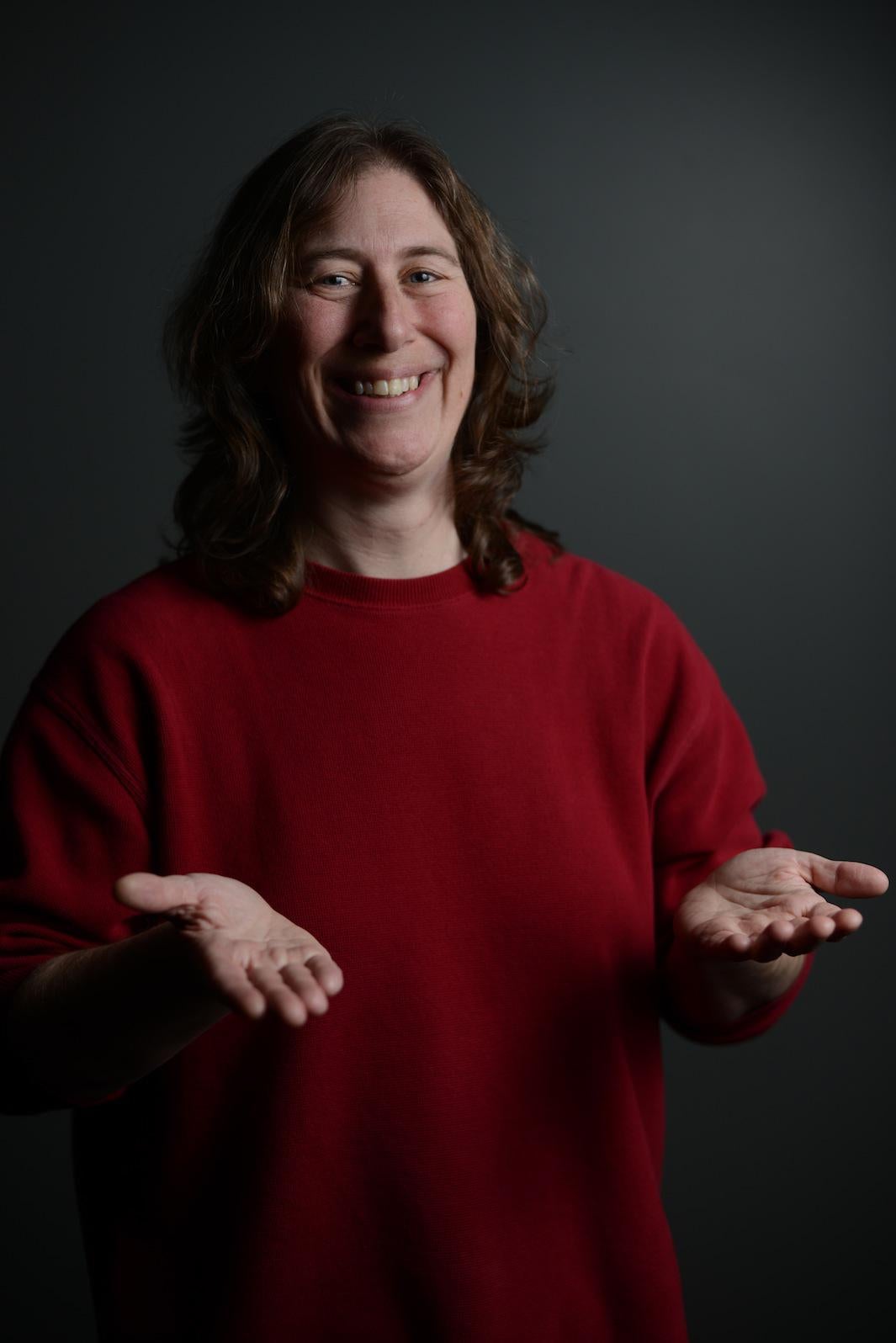
“Libraries are the last safe, noncommercialized space that truly welcomes everyone in the community and brings them together. They’re the great equalizer,” said Jenny Levine, the ALA’s Internet development specialist and strategy guide.
Kyle Cassidy
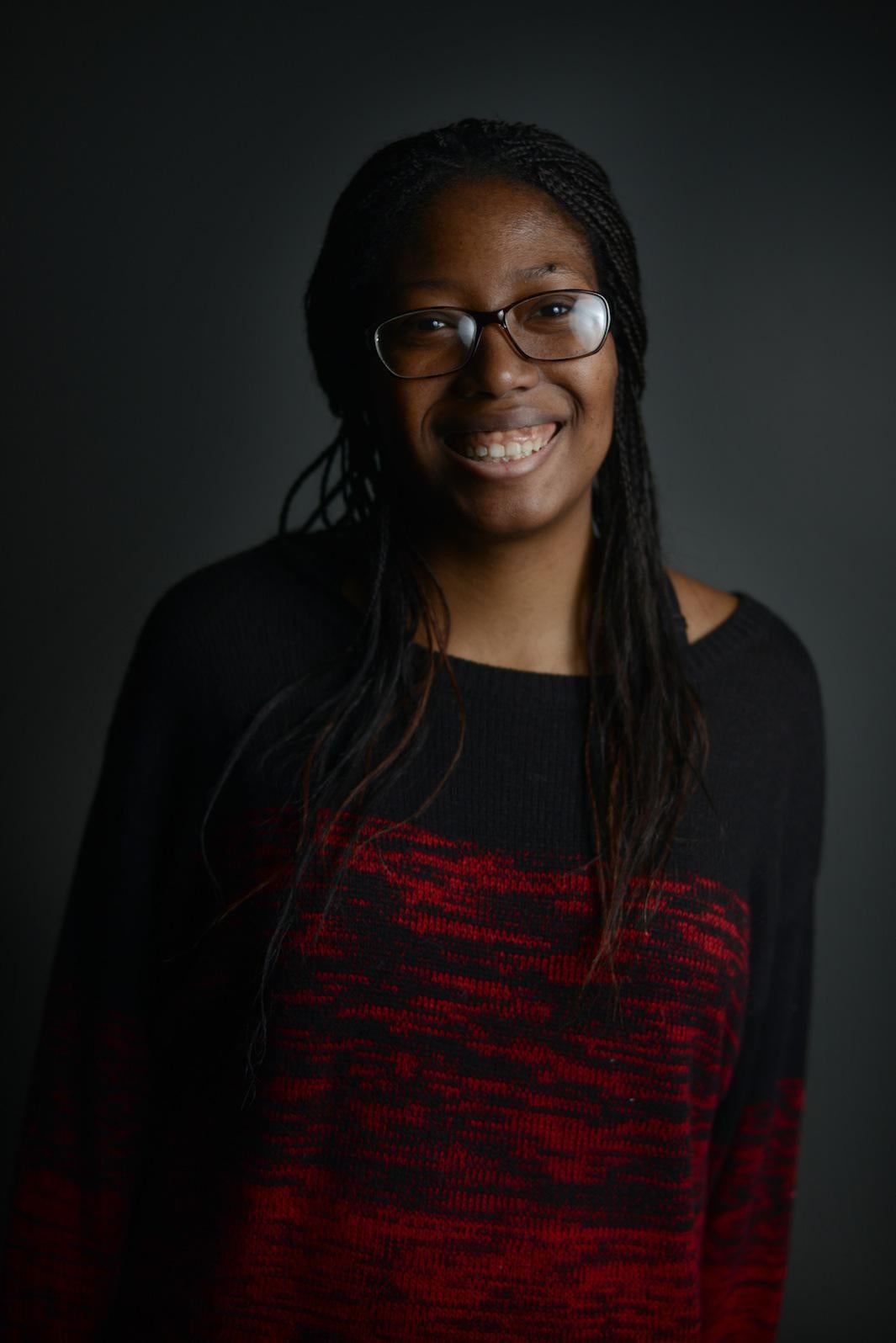
Kyle Cassidy
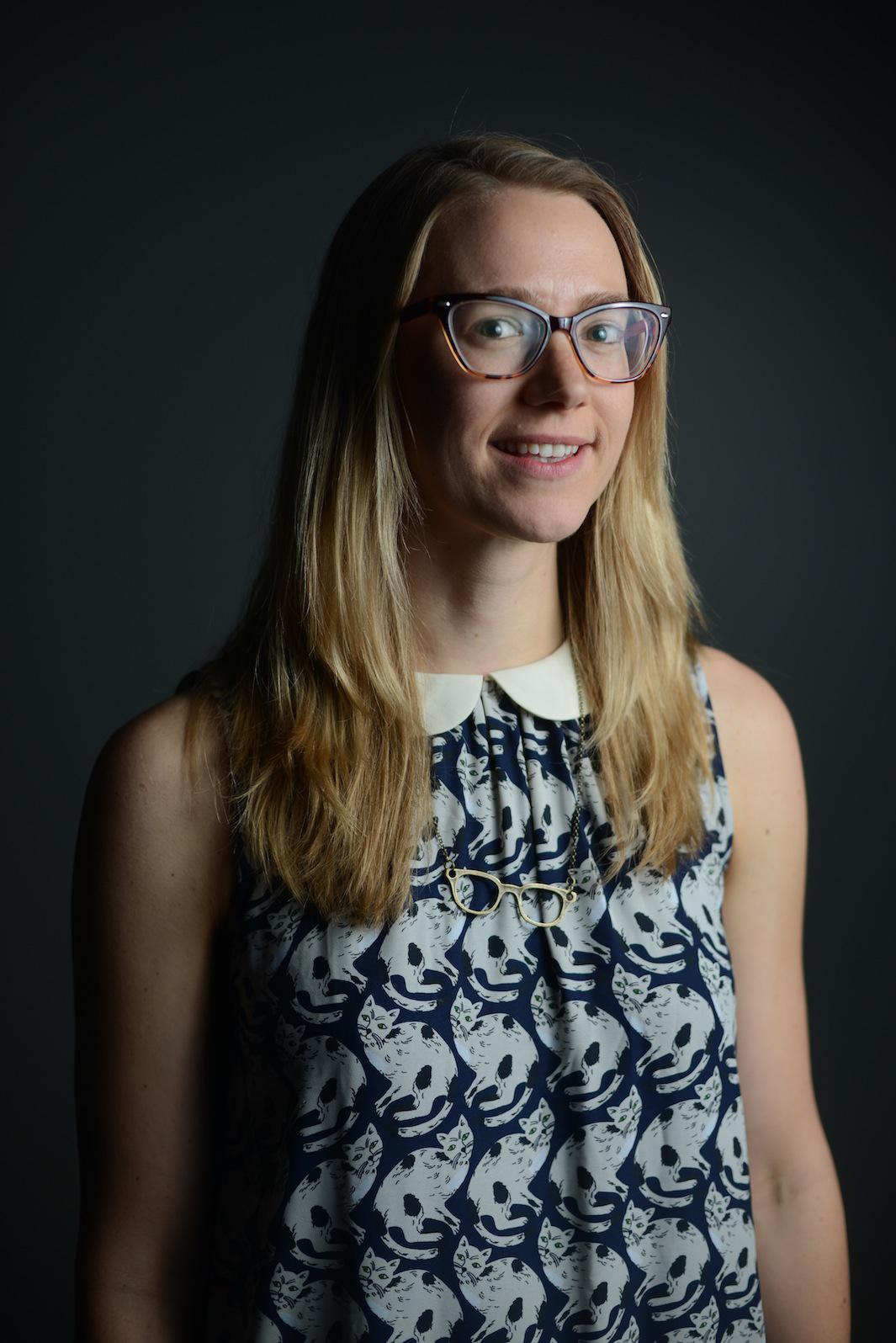
Kyle Cassidy
Update, Feb. 21, 2014: This post has been updated with a newer version of a photo of Edwin Maxwell.
